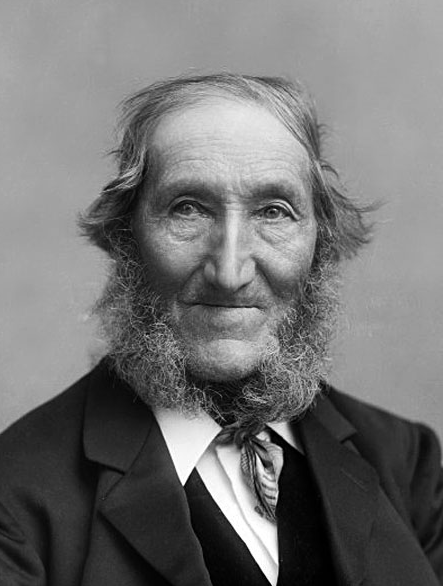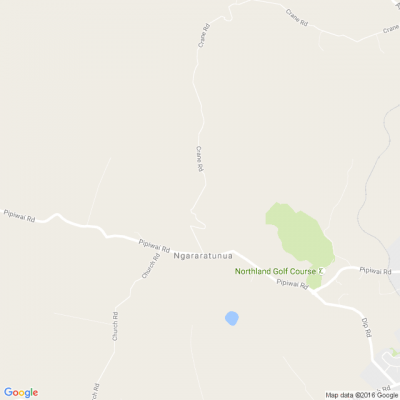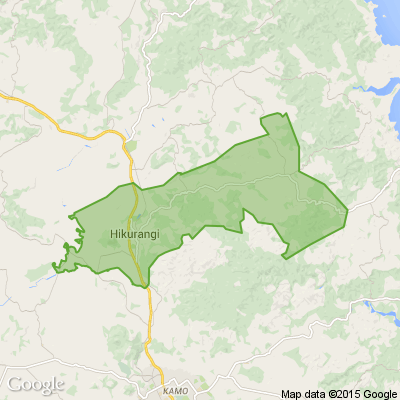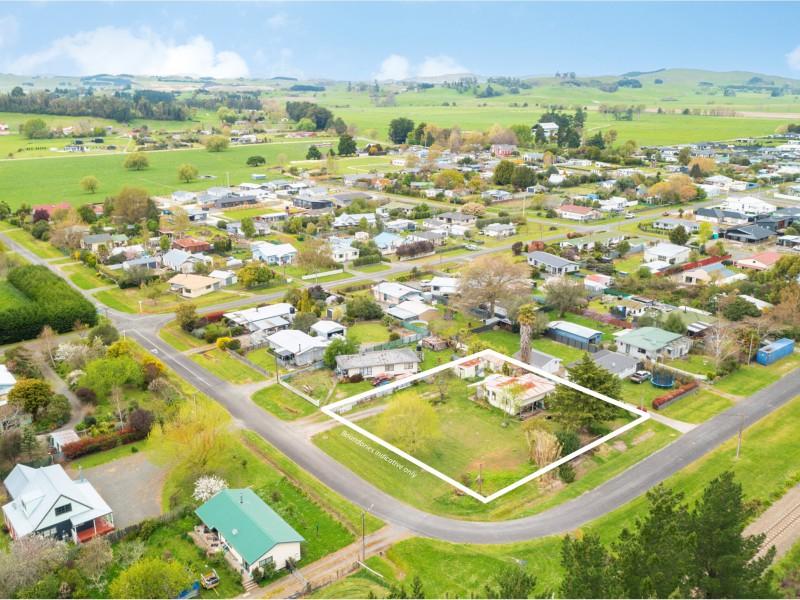As technology changes, so does medical diagnosis
It’s here where modern imaging is coming into its own. For hard-to-find diseases like prostate cancer, MRI scans help ensure a correct diagnosis, explains Mercy Radiology’s Medical Director Dr Remy Lim, who specialises in interpreting prostate MRI scans. ‘‘It’s the only way you can have a really good look at the prostate itself and pick up lymph nodes and possible cancers.’’ Because of its hard-to-reach location, traditional prostate biopsies could miss certain areas and provide false reassurance. Previously, patients diagnosed with low grade cancer on biopsy who opted for ‘active surveillance’ had to rely on MRI to confirm no aggressive lesions had been missed. However, with the improvement of MRI, there’s a growing international trend to scan first. As Dr Lim notes, this gives the urologist a ‘‘roadmap’’ to find the cancer and can also potentially help patients avoid unneeded biopsies.
‘‘A landmark study in The Lancet (medical journal) last year estimates that 27 per cent of men could avoid having a biopsy altogether.’’ In more serious cases, it’s equally useful for getting a correct diagnosis. Dr Lim recalls one case where a patient was referred for an MRI and a potentially aggressive lesion was detected. A biopsy was performed with a normal result, but because of the worrying MRI result, they decided to perform a prostate cancer PET-CT scan.
For this patient, his PET-CT result confirmed the MRI. This meant a repeat biopsy was needed, from which the cancer was eventually confirmed. ‘‘If we had performed just a biopsy without the MRI, the cancer would have remained undiagnosed, would have grown and potentially killed the patient.’’ Because of its invaluable services, access to MRI is critical. To meet this need, Mercy Radiology recently installed a new MRI scanner in Silverdale, serving a growing community between Albany and Whangarei who would have previously had to travel far to get scanned. ‘‘Instead of getting people to come into the city, we wanted to have the technology come to them,’’ Dr Lim says. ‘‘It fits our ambition to ensure we’re focusing on what patients need.’’
See Mercy Radiology at Silverdale Medical Centre, 7 Polarity Rise.
Phone 0800 497297 or visit www.radiology.co.nz.
What workplace change would you like to see most?
This coming Monday is Labour Day in New Zealand. This public holiday marks when the eight-hour workday and 48-hour workweek became law in 1899. The idea started with Samuel Parnell, a carpenter in Wellington, who in 1840 refused to work more than eight hours a day. Since skilled workers were in short supply, his employer had to agree.
As more skilled workers arrived, employers tried to change working conditions, but Parnell and others kept pushing for better rights. In 1890, Parnell led a Labour Day parade of 1,500 people to promote the eight-hour day. He passed away shortly after, and nine years later, Labour Day became an official public holiday.
Do you feel that we have reached the ideal in working environments yet? What rights are you passionate about relating to employment? Share your thoughts!

Your Daily Brain Workout: Ready to Riddle?
What is 3/7 chicken, 2/3 cat, and 1/2 goat?
Do you think you know the answer to our daily riddle? Don't spoil it for your neighbours! Simply 'Like' this post and we'll post the answer in the comments below at 2pm.
Want to stop seeing riddles in your newsfeed?
Head here and hover on the Following button on the top right of the page (and it will show Unfollow) and then click it. If it is giving you the option to Follow, then you've successfully unfollowed the Riddles page.

Six tips for improving security around your home
1) Improve outdoor lighting
Ensure that streets, driveways, and front yards are well-lit. Motion-sensor lights around homes deter trespassers by reducing hiding spots and illuminating their movements.
2) Trim your trees
Overgrown shrubs and trees provide cover for intruders. Keeping them well-trimmed around windows and doors improves visibility and reduces potential hiding spots.
3) Secure Entry Points
Ensure doors, windows, and gates are always closed when you are away from the house. Upgrade to more secure locks, deadbolts, or even smart locks for added protection.
4) Add a security camera
Place security cameras in the main entry points to your home. Doorbell cameras are also relatively cheap and a great way to keep track of who is visiting your home when you aren't there.
5) Start a Neighborhood Watch Program
You could reach out to members on Neighbourly to form a group of neighbors who can regularly keep an eye out for suspicious activity and report it. You could also check with Neighbourhood Support to see what is existing in your area.
6) Introduce yourself to your neighbours
The closer you are to your neighbors, the more likely they’ll notice when something unusual or suspicious is happening around your property
Feel free to share anything that you do around your area to deter crime.








 Loading…
Loading…














